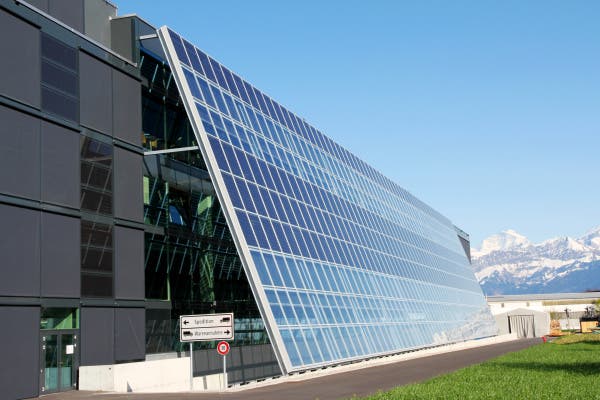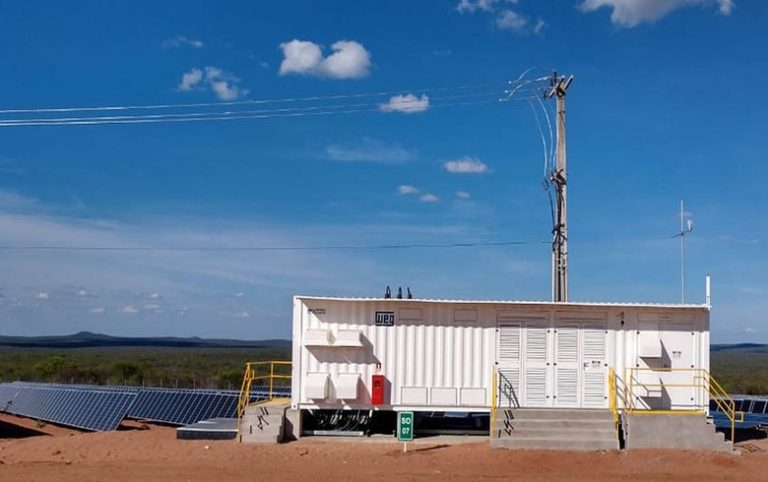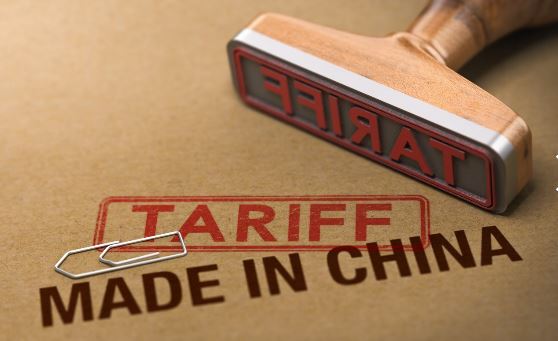Delays in BIS certification have affected the import of recent Chinese language solar techniques – Livemint
New Delhi: India’s economic reaction to Chinese border crossings is taking place in the solar space. Certification and test permits for imported solar systems from China are pending due to excessive delays by the Bureau of Indian Standards (BIS), two people said the development.
This permit is required to be sold here after India mandated that all imported solar systems must meet strict quality standards after poor quality solar panels have been sold.
This is significant as 80% of the solar cells and modules used here are purchased from China and imports totaling around $ 2.16 billion were made in the 2018-19 period. Large Chinese solar module manufacturers such as Trina Solar Ltd., Jinko Solar, JA Solar Holdings, ET Solar, Chint Solar and GCL-Poly Energy Holdings Ltd. supply India with the world’s largest clean energy program.
Clean energy projects now account for more than a fifth of the power generation capacity installed in India. India now has 34.6 GW of solar power and aims to produce 100 GW from solar projects by March 2022.
“While the Chinese manufacturers have BIS certification, every new model that is to be exported here must first be tested and certified by BIS. That is being delayed, “said the aforementioned managing director of a New Delhi-based green energy company, asking for anonymity.
“Chinese modules are not approved. This is happening for the first time, “said a second person quoted above, who also did not want to be named.
This hardening of the state is due to the background of new tensions between India and China, even if the previous problems which led to clashes along the Line of Effective Control (LAC) between India and China in Ladakh, in which 20 Indian soldiers died, remain unsolved stay .
“Any change in material must be approved by the BIS. Aside from the geopolitical issue that may or may not be the cause of such delays, the testing capacity is absolutely inadequate. As a result, the latest technology is not being used in India, “said the above-quoted head of a second New Delhi-based clean energy company who also refused to be named.
Additional tariff barriers, subsidized funding to encourage the use of domestic equipment, rigorous testing of foreign equipment, and prior authorization requirements for imports from rival countries are some of the focus areas of India’s energy sector planned overhaul announced as part of an economic response from India to its recent violent clash with China.
Inquiries emailed Tuesday morning to the Indian Ministry of New and Renewable Energy (MNRE) spokesman and BIS officials went unanswered.
Inquiries by email to Trina Solar Ltd., Jinko Solar, JA Solar Holdings, ET Solar, Chint Solar and GCL-Poly Energy Holdings Ltd. also remained unanswered.
India is working on a plan to introduce tariff and non-tariff trade barriers to control imported solar systems that are making them more expensive to source from China. Facilitating local manufacturing in sectors like solar systems should help India’s goals to play a bigger role in global supply chains, given the Covid-19 disruption that originated in Wuhan, China. There are also plans to offer companies near their ports land for the construction of solar plant factories.
As part of the decoupling with China, the protective tariff has now also been extended in order to increase India’s pressure on domestic production as part of Aatmanirbhar Bharat Abhiyaan. The government plans to impose a basic tariff (BCD) on imported solar cells, modules and inverters in the near future.
According to the latest government ordinance, a protective tax of 14.9% must be paid for these items in the first six months and 14.5% in the remaining six months. The duty also applies to imports from Thailand and Vietnam, but excludes imports from other developing countries.
The government is also working on a plan that will only allow manufacturers approved by the BIS and MNRE for government-sponsored programs, including projects where electricity distribution companies procure electricity to power their consumers. A similar Approved List of Modules and Manufacturers (ALMM) is being drawn up for the conventional power room.
Subscribe to something As good as new newsletter
* * Please enter a valid email address
* * Thank you for subscribing to our newsletter.
subjects





